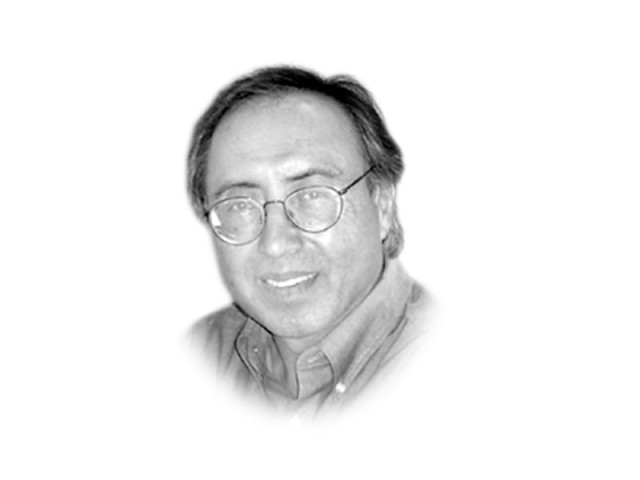Democracy on trial
No power group, party or leader will behave responsibly until citizens present him or her with a real challenge

Even a limited form of democracy in procedural form must perform some basic functions to keep its promise. These are free and fair elections, equality of all before law, an efficient and affordable system of justice and delivery of services to the people. In every democracy, where people elect their government, the bar of performance for the rulers, and expectations from them, rise much higher in every human sphere. This has always presented a problem for further development of democratic norms and institutions.
Why this is an issue in Pakistan? It is the low personal qualities of the ‘democratic’ leaders and poor institutional capacity to deliver on the lofty promises that they make during elections. Perhaps, more than that, their hearts and minds have not been with the people. For decades now, they have taken the people for granted. The good news is that the new wave of political awareness through media and popular protests may change the old-fashioned view about people in the eyes of dynastic rulers. Some may rightly question their intentions and the ability to learn. When they respect people and their mandate, we may get some notches better on the democratic scale. But that can only happen in the future.
At present, there is general discontent with democracy even amongst the highly-educated, well-placed and well-meaning Pakistanis. They question democracy in the present form and argue that this is nowhere close to what they know about democracy. What we have seen and experienced during the past three tenures of elected governments, presents a distorted view of democracy. Some layers of society feel disgusted in the way democracy has become perverted, and is now just a system to defend and promote private interests at the expense of the public and the republic.
Encountering their arguments against democracy is as hard as is telling the ‘democratic’ leaders that democracy is about more than just getting elected or forming majorities among the electable class with a strong hold in their electoral constituency. Even if they understand the philosophy and practice of true democracy as public service, they don’t care much about it beyond their own narrow power interests.
Why is that the case? There is something missing in the political culture of Pakistan, and that is a strong and consistent civic engagement, which means that people taking responsibility for things not done or done badly by governments. No power group, party or leader will behave responsibly until citizens present him or her with a real challenge. This requires the development of civil associations, habits of peaceful protest and civic solidarity. In all these respects, Pakistan is better today than it ever was.
No longer is Pakistani society depoliticised. The dharnas and protest marches reflect many changes in Pakistani politics, like the voice of new social forces, expansion and reach of the media and ordinary people questioning bogus democratic practices.
Published in The Express Tribune, December 17th, 2014.
Like Opinion & Editorial on Facebook, follow @ETOpEd on Twitter to receive all updates on all our daily pieces.














COMMENTS
Comments are moderated and generally will be posted if they are on-topic and not abusive.
For more information, please see our Comments FAQ